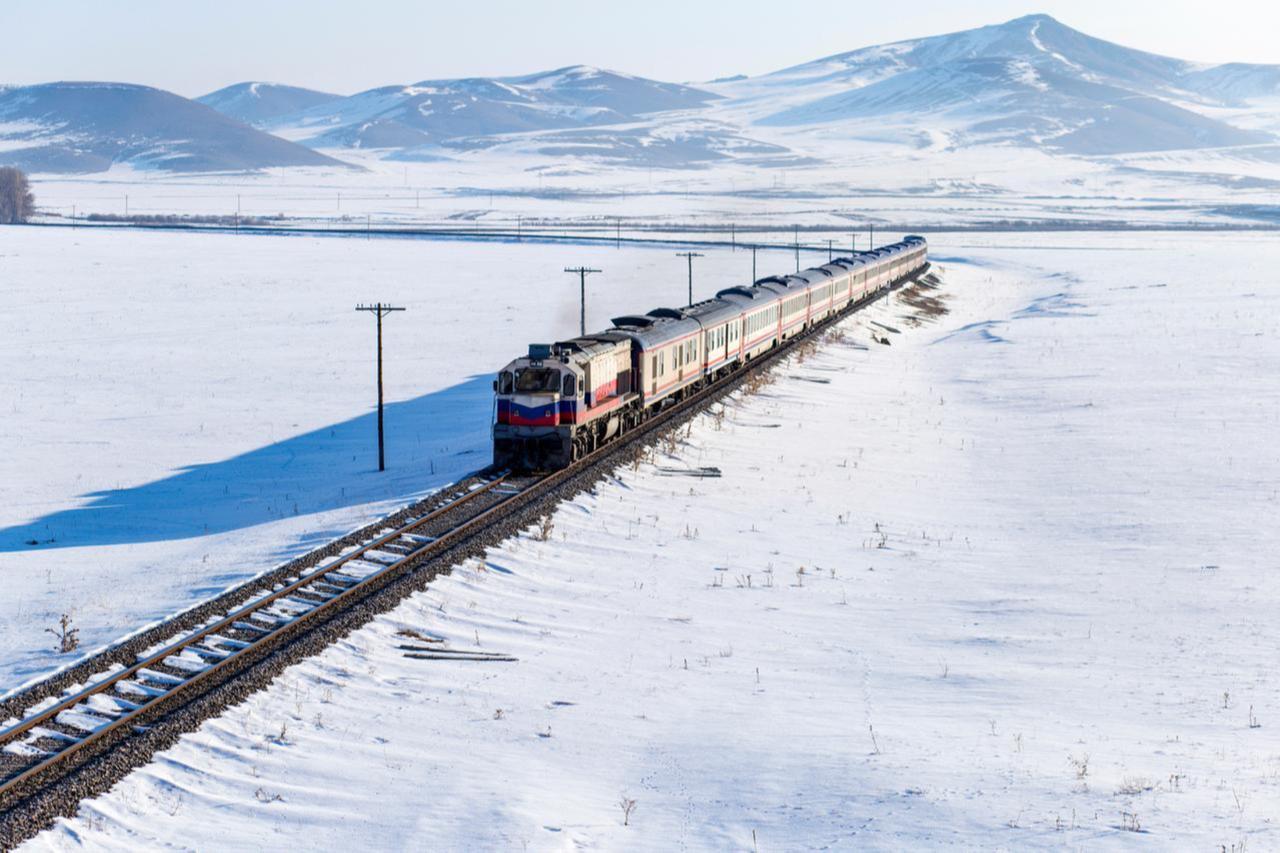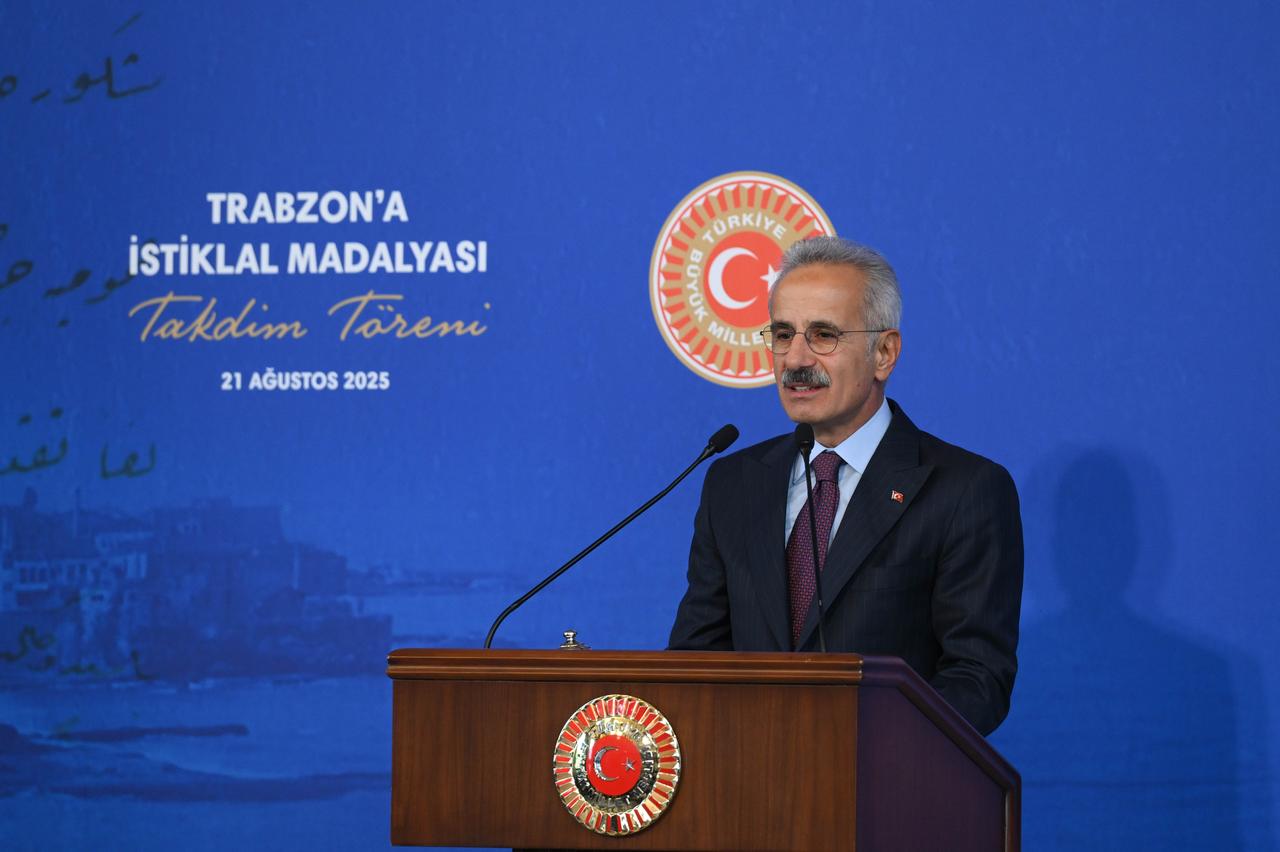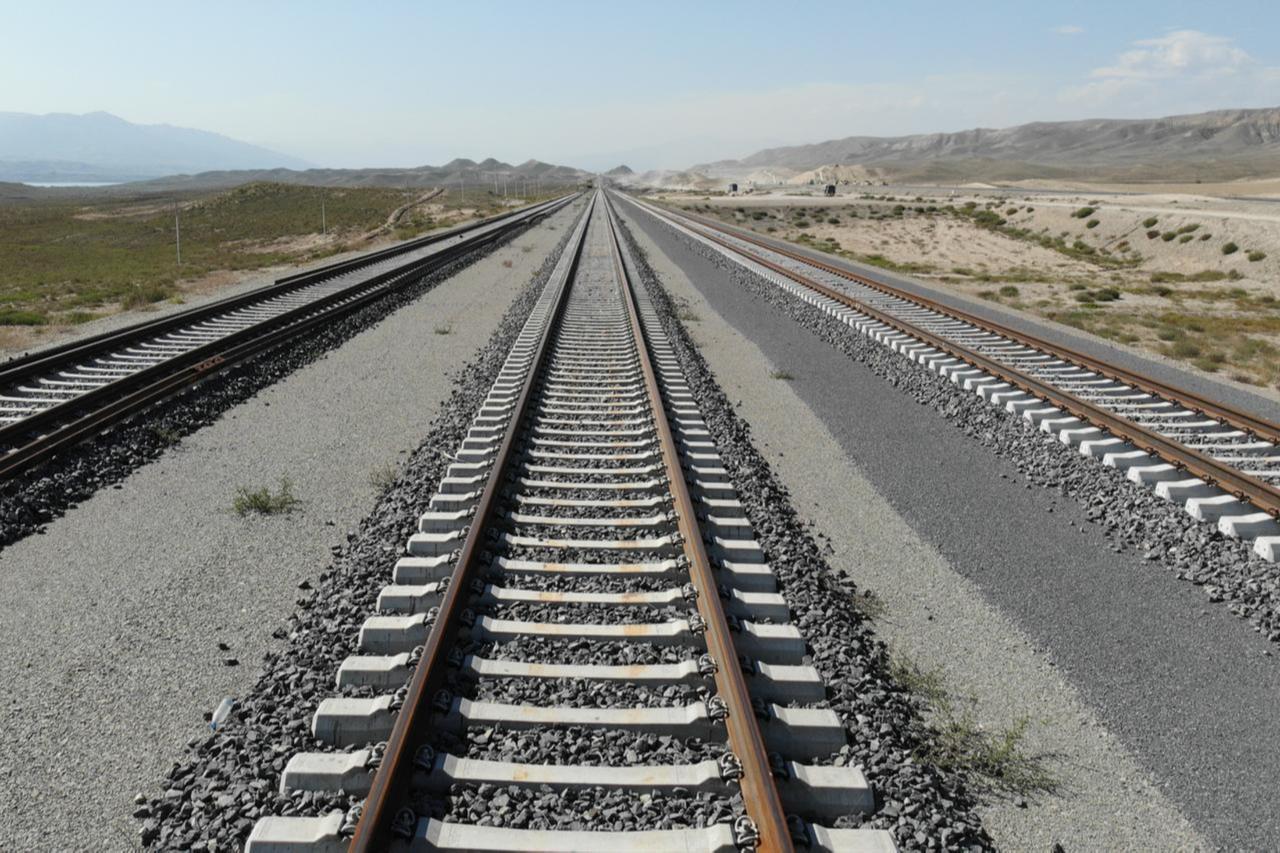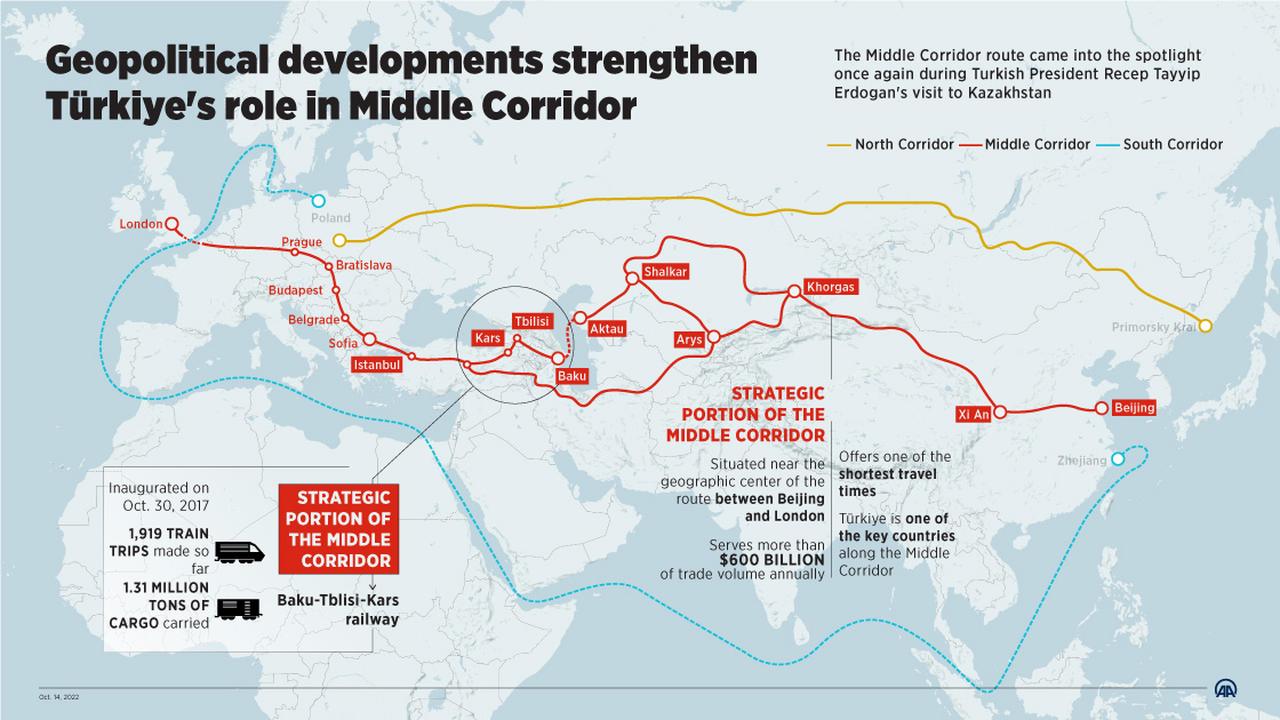
Turkish Transportation and Infrastructure Minister Abdulkadir Uraloglu announced Thursday that construction will begin on a $2.4 billion railway line connecting Kars to Azerbaijan through the Zangezur Corridor, with completion expected within five years.
The 224-kilometer project will enable direct rail travel from Kars to Baku and serve as a crucial link in the Middle Corridor connecting China to Europe.
Speaking on Turkish media outlet CNN Turk's live broadcast, Minister Uraloglu outlined the ambitious scope of the project, which will be built by a consortium of two major Turkish firms.
"A person boarding in Kars will be able to continue to Baku," Uraloglu said. "Our goal is to complete it simultaneously with Azerbaijan's section."
The new double-track railway will run from Kars through Tuzluca, Igdir, Aralik, and Dilucu before connecting to Nakhchivan and continuing through the Zangezur Corridor to Azerbaijan. The line will have a capacity to transport 5 million passengers and 15 million tons of cargo annually at speeds up to 160 kilometers per hour.

The corridor represents a strategic alternative to the existing Baku-Tbilisi-Kars railway, providing what Uraloglu described as "a more direct and problem-free route to the Turkic world."
"The Baku-Tbilisi-Kars has a capacity, and when that capacity is full, new corridors will be needed," the minister explained. "In normal times, you need to plan for extraordinary times as well."
Azerbaijan will simultaneously construct its portion of the project, including 170 kilometers within Nakhchivan borders. Of this section, 150 kilometers of existing track will be restored while 20 kilometers of new track will be built. The Zangezur section spans 43 kilometers and will be the last portion to begin construction.

The railway forms a critical component of the Middle Corridor, dramatically reducing transit times for cargo from Asia to Europe. According to Uraloglu, goods traveling from China to London via the Middle Corridor can arrive in 18 days, compared to 35 days through the Southern Corridor or 45 days via the Cape of Good Hope.
"A train departing from China will pass through the Middle Corridor and reach London," Uraloglu stated. "The goal is trade – a train leaving China passing through the Middle Corridor to reach London."
The corridor will connect cargo from China through Kyrgyzstan, Kazakhstan, Uzbekistan, and Turkmenistan, crossing the Caspian Sea before entering Türkiye and continuing through Bulgaria, Romania, France, Germany, Italy, Spain, and ultimately to London.

The project is expected to generate significant employment during both construction and operation phases. Uraloglu projected that construction will require approximately 1,000 machines and equipment pieces, with employment rising from 3,000 to 5,000 workers.
"After completion, logistics centers, production centers, and new customs gates will be established," the minister said, emphasizing the project's long-term economic impact beyond transportation.
Uraloglu also revealed plans for a 1,200-kilometer railway line connecting the Persian Gulf through Iraq to Türkiye, which would enable natural gas and oil from Basra and the Arabian Gulf to transit through this route. The journey would take 25 days including sea transport.
The minister confirmed that Türkiye has become a strategic partner in the Via Carpathia corridor extending to Baltic countries, signing relevant agreements to strengthen east-west transportation axes.
"The railway will be built from scratch, with many service points established just to enable railway construction," Uraloglu explained. "There will be multiple entry points, bridges, viaducts, and underpasses and overpasses."
With external financing secured, the minister expressed confidence in meeting the five-year completion timeline, noting that "the company is not waiting for financing" to begin work on what he called one of the future's most important transportation corridors.